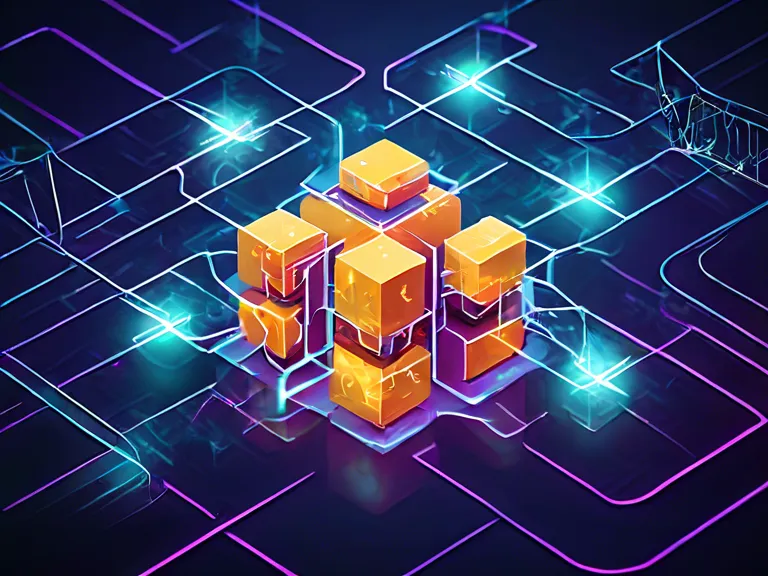
Decoding Blockchain: How This Technology Powers the NFT Ecosystem
Blockchain technology has been making waves in various industries, but one of its most fascinating applications is in the world of Non-Fungible Tokens (NFTs). NFTs are unique digital assets that are stored on a blockchain, making them secure, transparent, and immutable. In this article, we will explore how blockchain technology powers the NFT ecosystem.
At its core, blockchain is a decentralized and distributed ledger that records transactions across a network of computers. Each block in the chain contains a cryptographic hash of the previous block, ensuring the security and integrity of the data. This makes blockchain an ideal technology for storing and verifying the ownership of NFTs.
When an NFT is created, it is assigned a unique token ID and metadata that describe the asset. This information is stored on the blockchain, along with the owner's public key. This allows anyone to verify the authenticity and ownership of the NFT by checking the blockchain. Since the blockchain is decentralized, there is no single point of failure, making it highly secure and resistant to tampering.
One of the key benefits of using blockchain for NFTs is the ability to easily transfer ownership of the assets. When a user wants to buy, sell, or trade an NFT, they simply transfer the ownership on the blockchain by signing a transaction with their private key. This process is fast, secure, and transparent, ensuring that the transaction is verifiable by anyone.
In addition to ownership verification, blockchain technology also enables creators to monetize their digital assets through the use of smart contracts. These self-executing contracts are coded onto the blockchain and automatically execute when certain conditions are met. This allows creators to earn royalties every time their NFT is sold or traded, providing a new revenue stream for digital artists.
Overall, blockchain technology plays a crucial role in powering the NFT ecosystem by providing security, transparency, and decentralization. As NFTs continue to gain popularity, blockchain will remain at the forefront of this innovative digital landscape.



